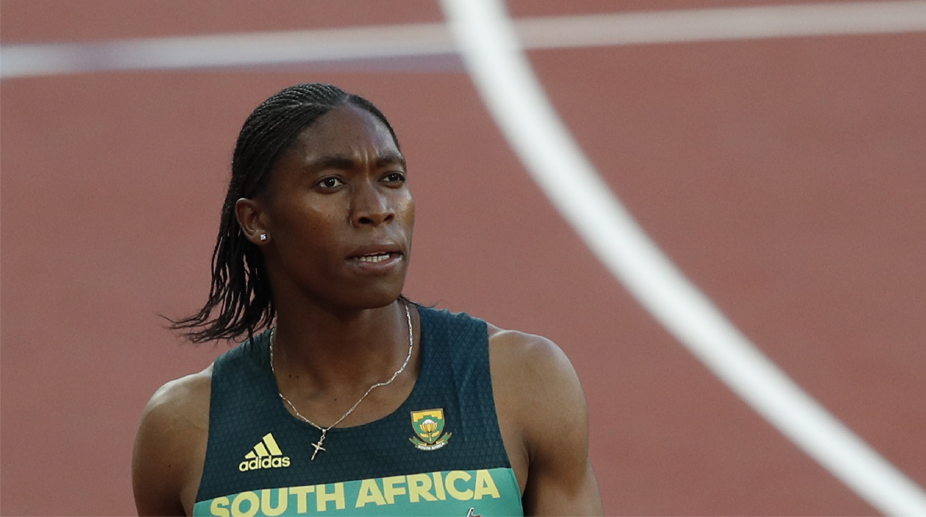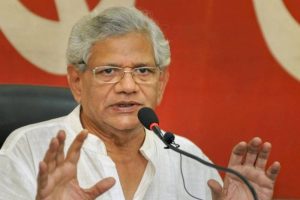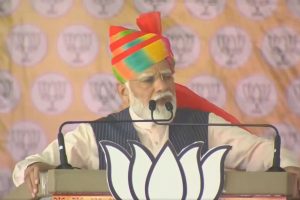As always, Caster Semenya is focused on racing, not regulations.
And she has some big goals, too. The South African plans to be around for a while, and maybe dominate the 1,500 meters the way she has the 800.
After falling over the line to earn bronze in the 1,500m on Monday at the World Championships, Semenya was flooded with questions about a long-running dispute over whether females with excessive testosterone should be allowed to compete.
In 2011, the IAAF instituted restrictions on athletes with hyperandrogenism, but a ruling by the Court of Arbitration for Sport (CAS) overturned that.
The governing body is appealing, with a decision possible next year. Asked about it during the medalists' news conference, Semenya said: "I have no time for nonsense. I'm an athlete."
"For me, it's their own decisions," she said. "Like I said before, my focus is more on getting healthy and competing. I really don't have time for nonsense."
In the race, Semenya moved from fifth to third over the final 100 meters thanks to her signature finishing kick the one that turned her into an Olympic champion in the 800.
Up for a new challenge, she's trying her hand at the 1,500m and is still learning the nuances of going four laps instead of two.
In this one, she allowed too big of gap and couldn't catch winner Faith Kipyegon of Kenya or silver-medalist Jenny Simpson of the United States.
"I learn every day. For me, it's quite an amazing performance," Semenya said. "Next time, I'll do better."
If there is a next time. A recent scientific paper found that women who produce higher-than-normal amounts of testosterone have up to a 4.5 percent advantage over their competition on the track.
That's evidence world track officials are using in their appeal to CAS, which has the power to reinstate the IAAF rules and sideline Semenya, India's Dutee Chand (the runner who initially appealed the ban) and others with so-called intersex conditions.
The study analysed more than 2,100 androgen samples from athletes participating in the 2011 and 2013 world championships.
The rules were overturned in time for last year's Olympics, where Semenya won gold. She is a celebrity back home, and carried her country's flag at the 2012 Olympics in London.
After her latest triumph, she brushed off talk about the rules the IAAF could re-implement.
"I plan short-time goals. I don't think about what will happen in eight months," Semenya said. "This is what we do. We focus on being healthy and doing what we do best. Those other things are issues I don't focus on. It's none of my business.It's their business.
"I'm a positive person and look at things in a positive way. As a human, you get to point where you just focus on you."
Answering these questions has become an uncomfortable routine for Semenya since she burst onto the scene in 2009, dominating the 800-meter race at the worlds and winning gold.
"Sometimes, you get annoyed or you get bored," Semenya said. "I focus more on being healthy and doing better for myself.
"My business is to train hard and see what I can come up with in the competition."











